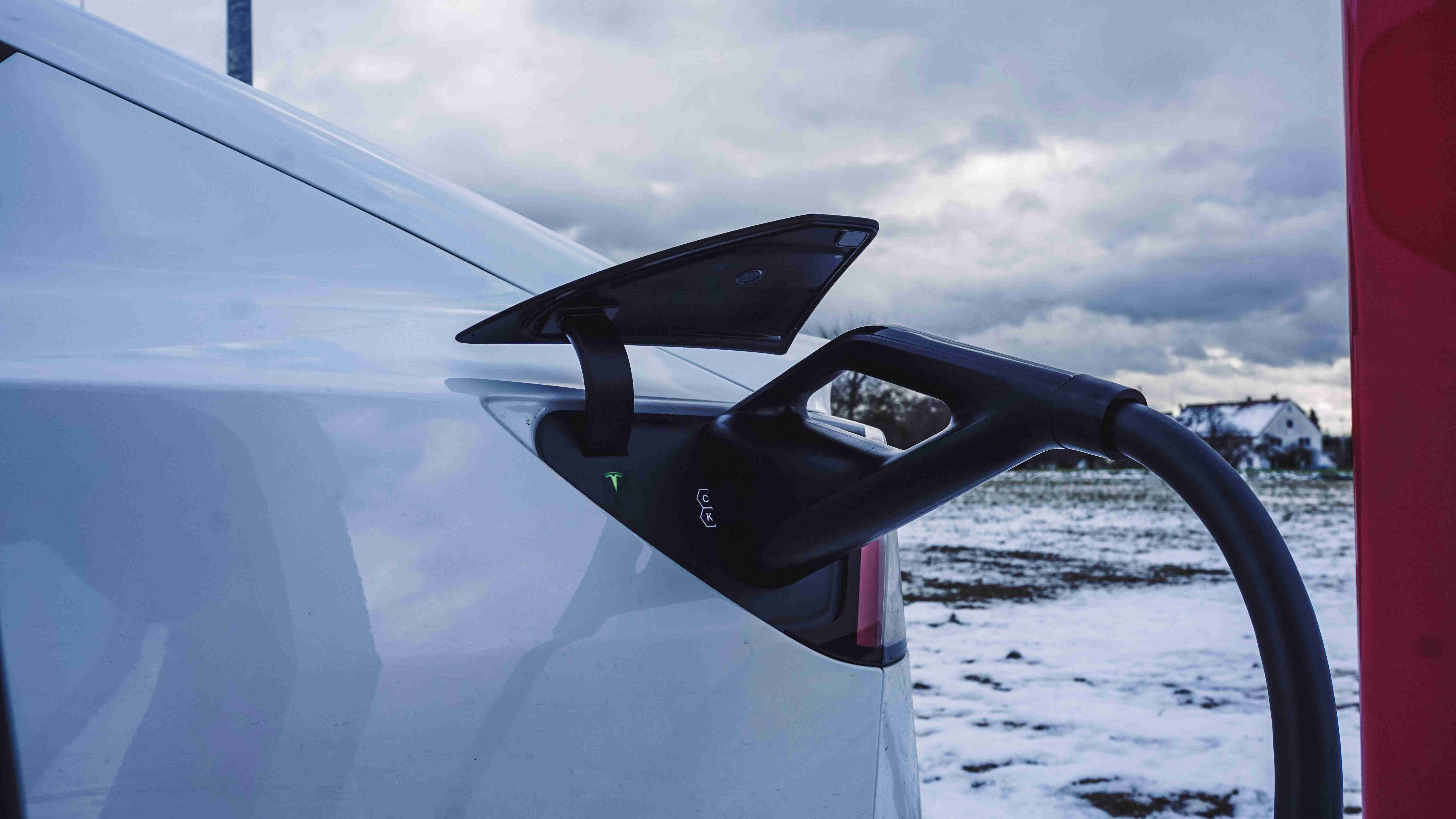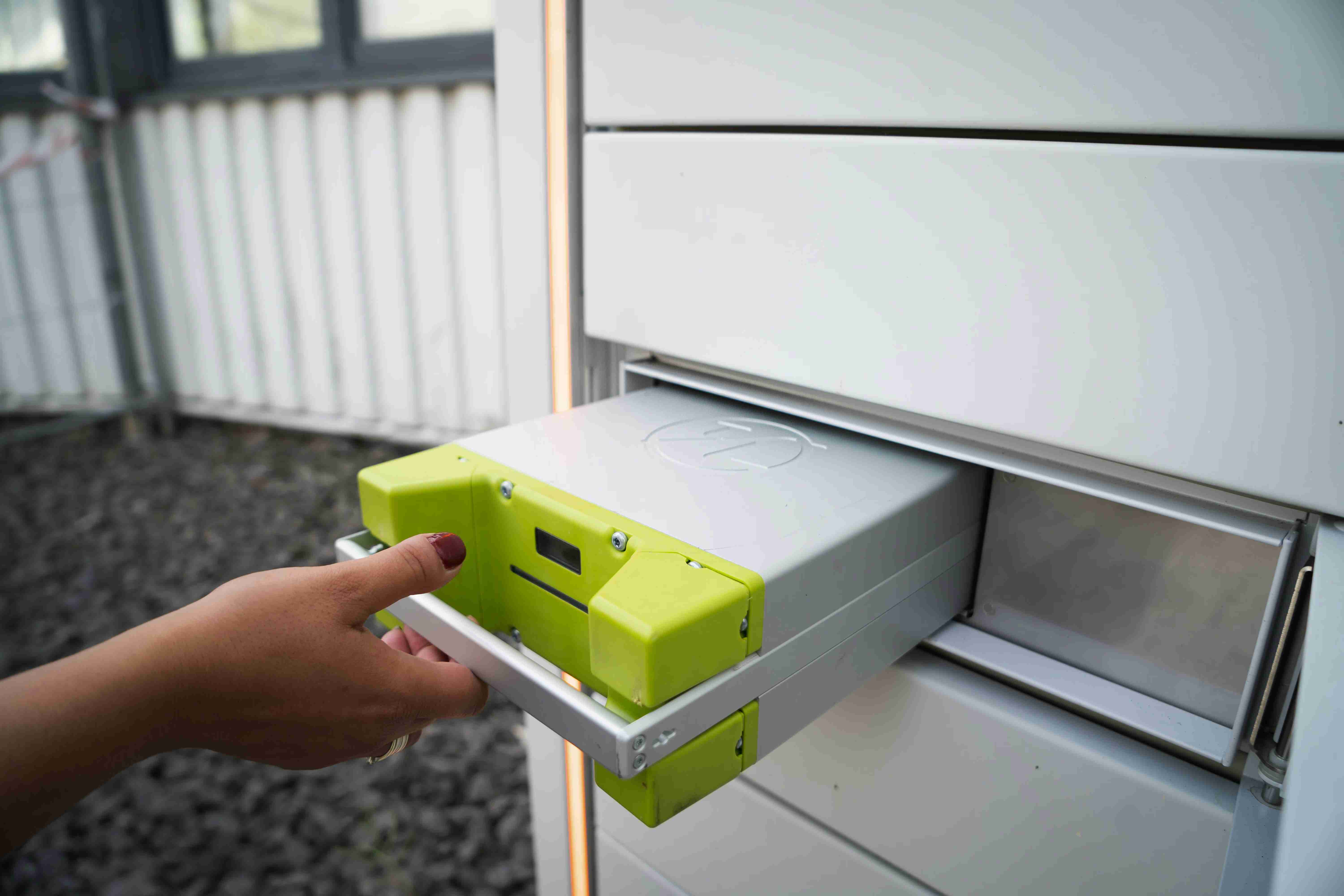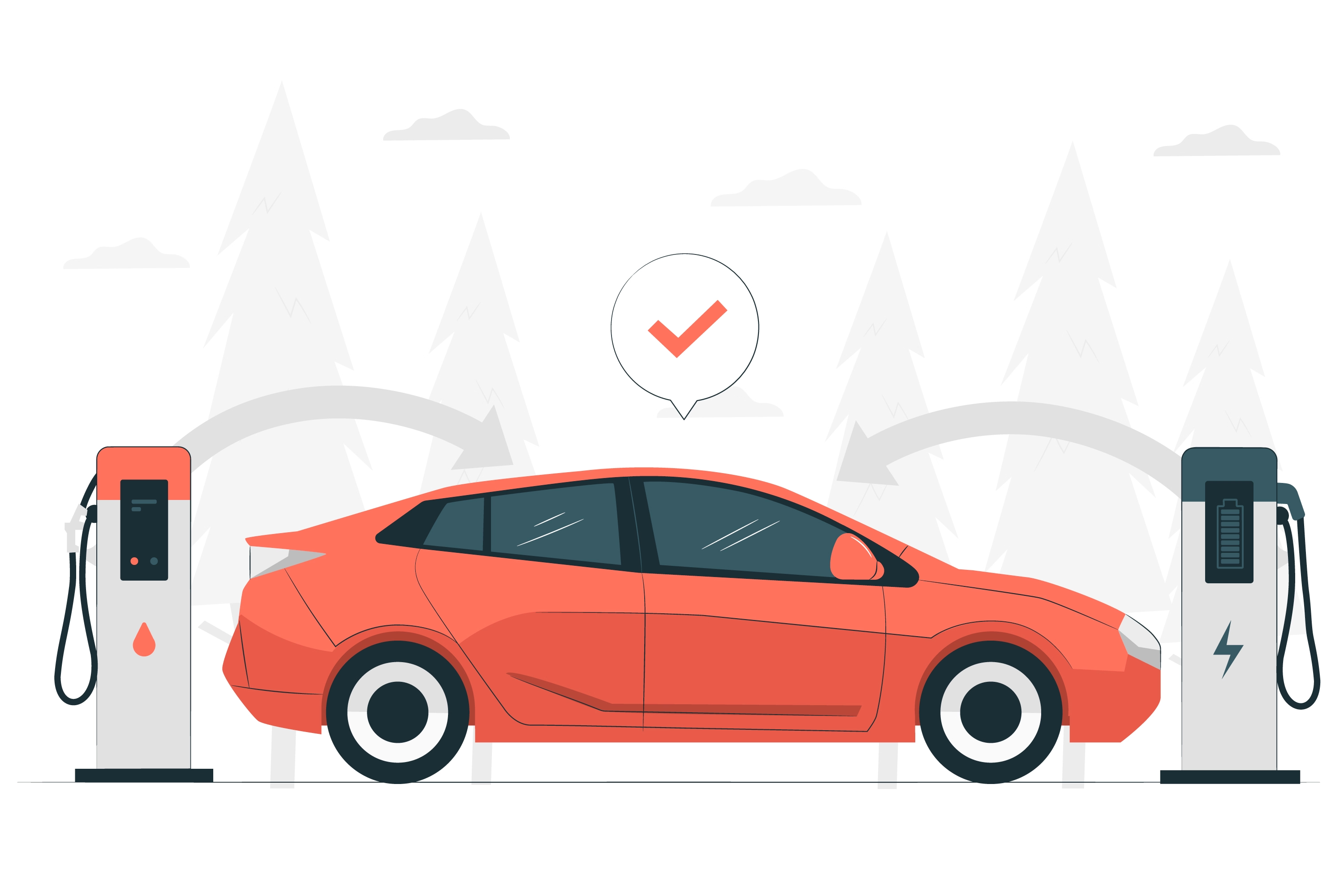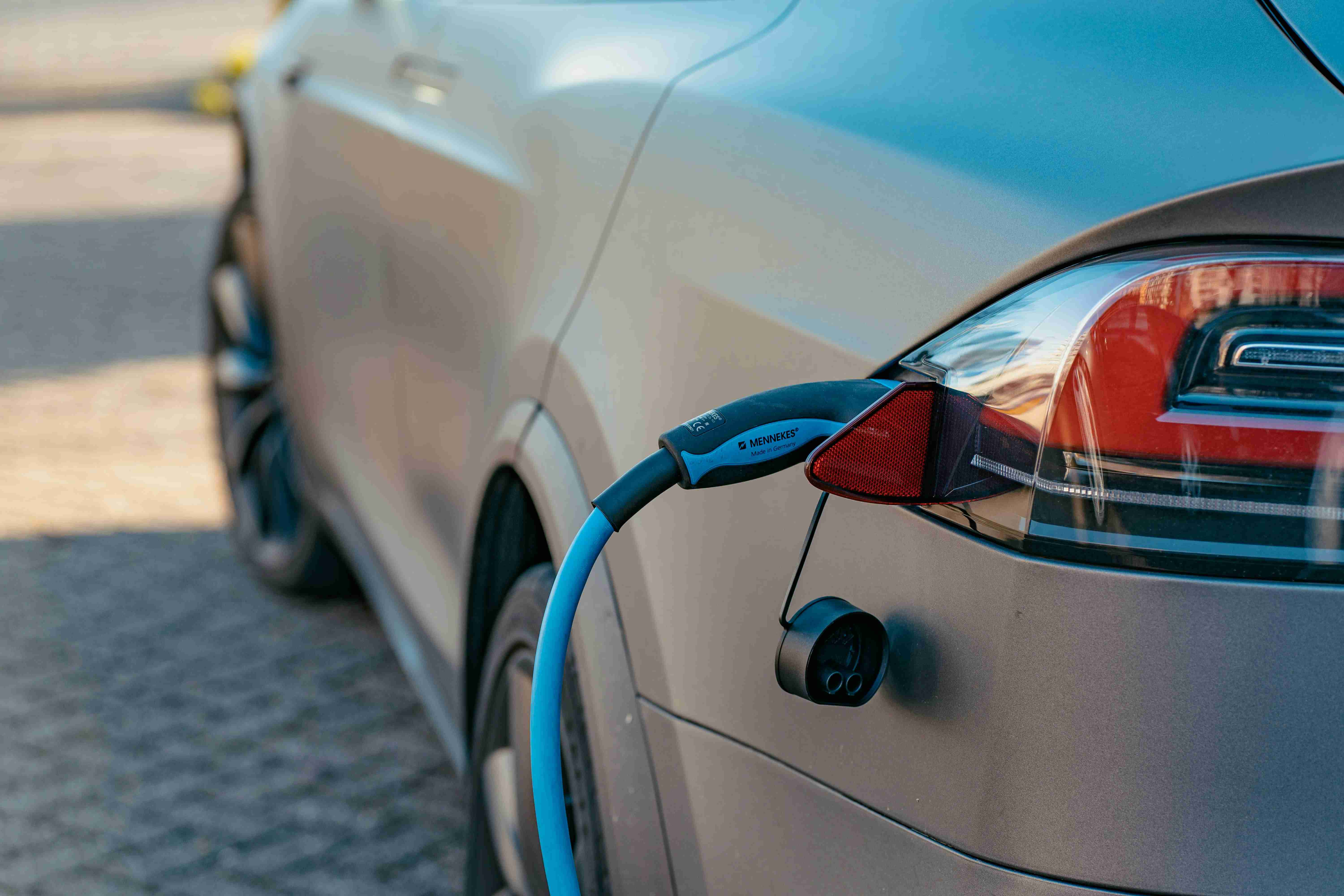How much does it cost to charge your EV?
The Basics of EV Charging Costs
Let’s dive into one of the burning questions on everyone's mind: how much does it really cost to charge your electric vehicle (EV)? Spoiler alert: it's less than you think, and way more fun to figure out than dealing with gasoline prices! Obviously, it depends on where exactly you are, what your current financial situation is like—everything is relative. For the sake of this write-up, I'll try to specify for Europe and North America, the two markets I know the best and have a lot of experience with.
Charging at Home
Home sweet home! Charging your EV at home is like having a gas station in your garage. The national average cost of electricity in the U.S. is about $0.16 per kWh, and in Germany about €0.40 per kWh (in July, 2024). So, if you have an EV with a 60 kWh battery, a full charge would cost you around $9.60 in the U.S. and €24 in Germany. That's a whole lot cheaper than filling up a tank of gas, right?
Public Charging Stations
Now, what about when you're out and about? Public charging stations can be a mixed bag. Some are free (yes, free!), while others might charge per kWh or even per minute. For example, using a fast charger at $0.35 per kWh, a full charge for our 60 kWh battery would cost around $21. Not too shabby for a quick top-up.
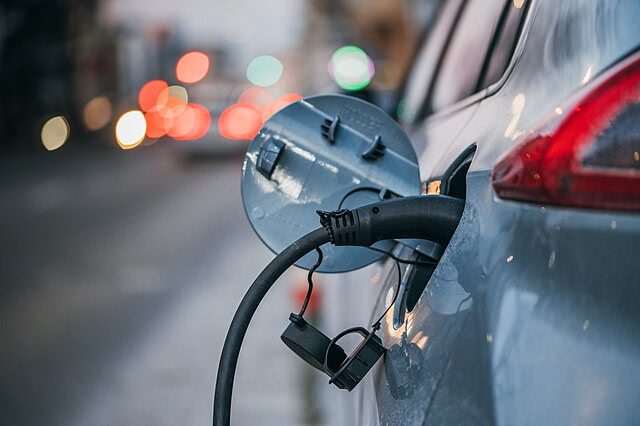
Peak and Off-Peak Hours
Ah, the joys of peak and off-peak hours! If you're a savvy saver, charging your EV during off-peak hours can save you some serious dough. Some utility companies offer lower rates during the night, so plug in before bed and wake up to a fully charged car and a lower electric bill. Win-win!
The Big Picture
When it comes to the overall cost of owning an EV, charging is just one piece of the puzzle. Maintenance costs are generally lower for EVs since they have fewer moving parts compared to traditional internal combustion engine vehicles. Plus, many regions offer incentives and rebates for EV owners, making the switch even more attractive.
Case Study: Munich to Paris
Let's get practical. Suppose you're planning a road trip from Munich to Paris in a Hyundai Ioniq 5 during peak summer. This scenic journey covers approximately 1680 kilometers round trip. Here's a detailed breakdown of the costs and waiting times involved for an EV compared to a traditional internal combustion engine (ICE) vehicle.
The Hyundai Ioniq 5, with its impressive range and efficiency, makes for an excellent companion on long trips. Here's how the costs stack up:
Total Distance: The round trip from Munich to Paris and back covers about 1680 kilometers.
Energy Consumption for EV: The Hyundai Ioniq 5 has an average consumption of 17.2 kWh per 100 km. For the entire journey, this amounts to approximately 288.96 kWh.
Fuel Consumption for ICE: A comparable ICE vehicle might consume around 6 liters of fuel per 100 km, resulting in a total of 100.8 liters for the round trip.
Cost Comparison: With electricity costing around €0.40 per kWh in Germany, the total charging cost for the EV would be approximately €115.58. On the other hand, assuming a fuel price of €1.60 per liter, the fuel cost for the ICE vehicle would be about €161.28.
Charging and Fueling Stops: The EV would require around 4 charging stops, while the ICE vehicle would need about 3-4 fueling stops.
Time for Charging and Fueling: Charging the EV at fast charging stations would take around 18 minutes per stop, totaling approximately 72 minutes. Fueling the ICE vehicle would take roughly 10 minutes per stop, totaling about 30-40 minutes.
| Aspect | Hyundai Ioniq 5 (EV) | ICE Vehicle |
|---|---|---|
| Total Distance (km) | 1680 | 1680 |
| Energy/Fuel Consumption | 288.96 kWh | 100.8 liters |
| Cost per kWh/Liter (€) | 0.40 | 1.60 |
| Total Cost (€) | 115.58 | 161.28 |
| Number of Stops | 4 | 3-4 |
| Total Charging/Fueling Time | 72 minutes | 30-40 minutes |
EV-Global Team Verdict
So, there you have it! Charging your EV is not only cost-effective but also incredibly convenient. Whether you're juicing up at home, hitting a public charger, or taking advantage of off-peak rates, driving electric is both kind to the planet and your wallet. So next time someone asks you, 'How much does it cost to charge your EV?' you can tell them it's a lot less than they think—and way more satisfying. Plus, with the continuous expansion of charging infrastructure and technological advancements, the future of EV charging looks brighter than ever.
For more insights and guidance, check out our detailed articles on EV ownership and whether it makes financial sense to buy or lease. And remember, happy charging!
